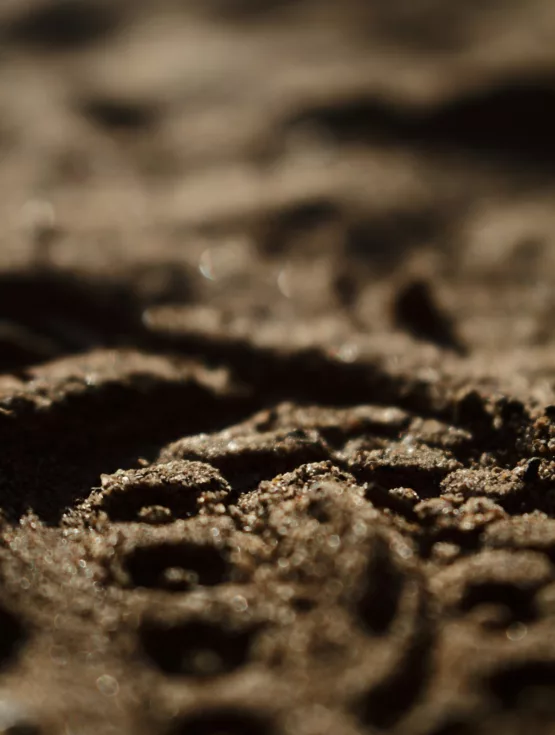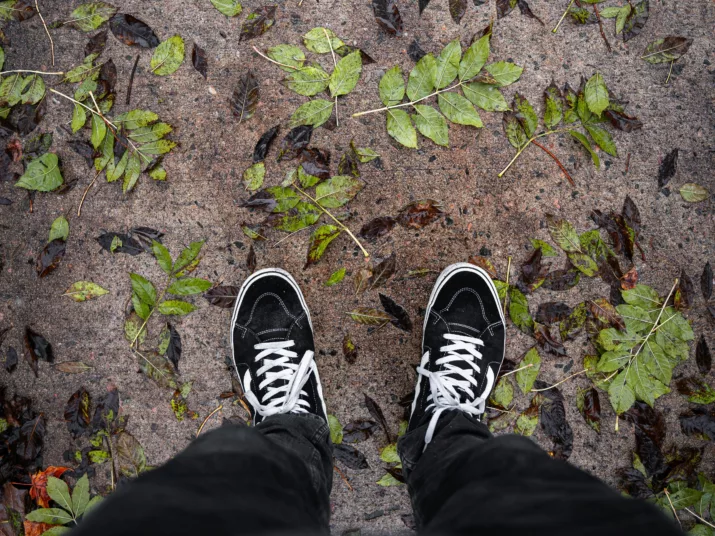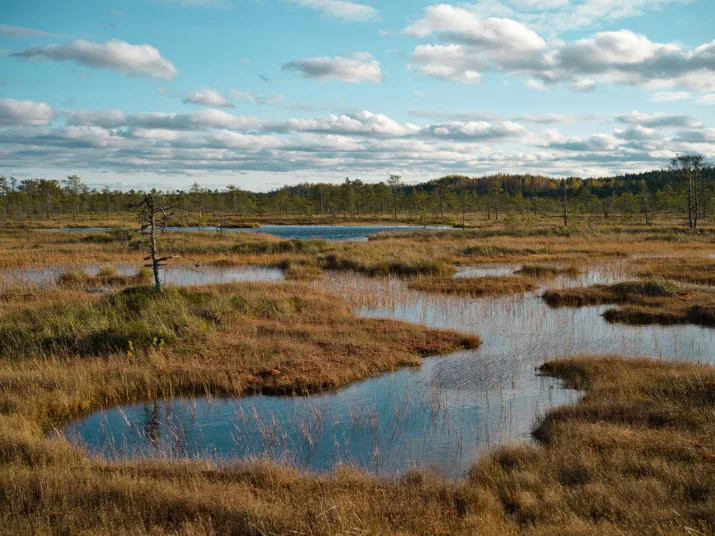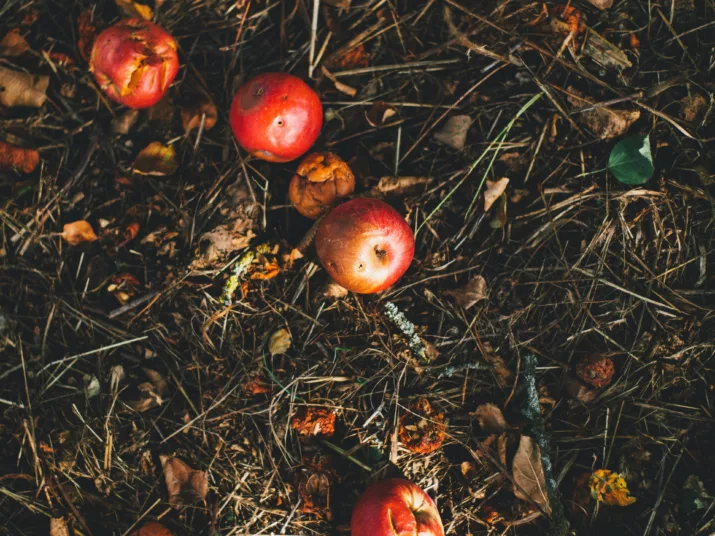
The foundation of life
Healthy soil is the basis of agriculture - and at the same time a limited resource that is difficult to renew. It takes centuries for fertile soil to develop, but it can be lost again in a short space of time due to erosion, overuse and climate change. Worldwide, this essential basis for life is increasingly threatened by degradation.
Yet soil is far more than just arable land: two thirds of all known species live in the soil. There are more organisms in a handful of healthy soil than there are people in the world. Fungi, bacteria, algae, insects and earthworms ensure that dead plant remains are decomposed, nutrients are made available and pollutants are filtered. The top layer of soil also stores water and is crucial for the growth of our crops.
Last but not least, soil is also an indispensable climate protector: it stores more carbon than all forests combined and therefore plays a central role in the global climate system. But intensive agriculture, incorrect irrigation and excessive fertilization are taking their toll on it. In order to preserve its fertility, we need a more soil-friendly agriculture - with diverse crop rotations, humus build-up and sustainable soil cultivation. After all, soil protection is climate protection - and the basis for our future.
Degradation deprives people of their livelihoods, especially in rural regions where many are dependent on agriculture.
Graphic: Eimermacher/stockmarpluswalter


